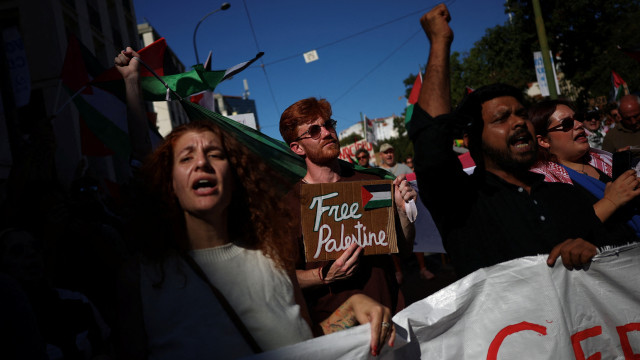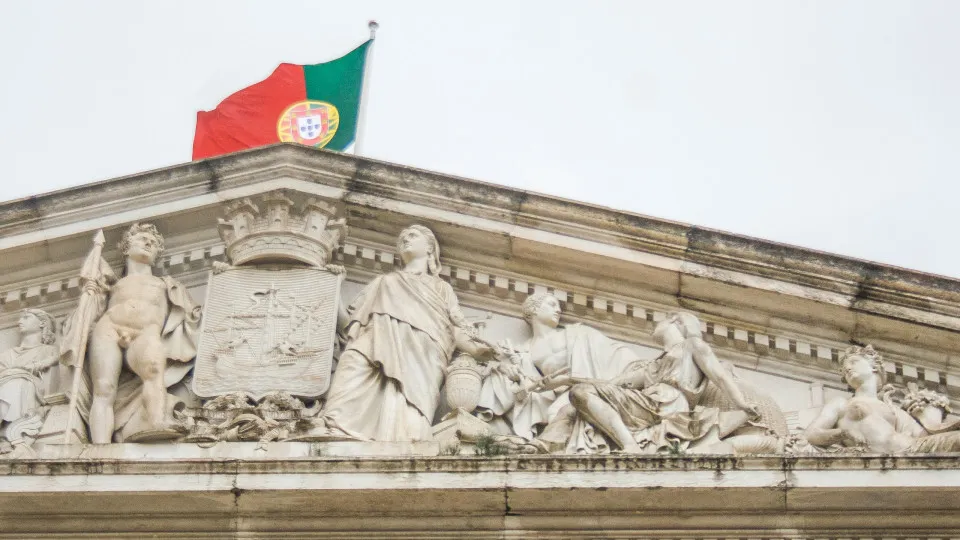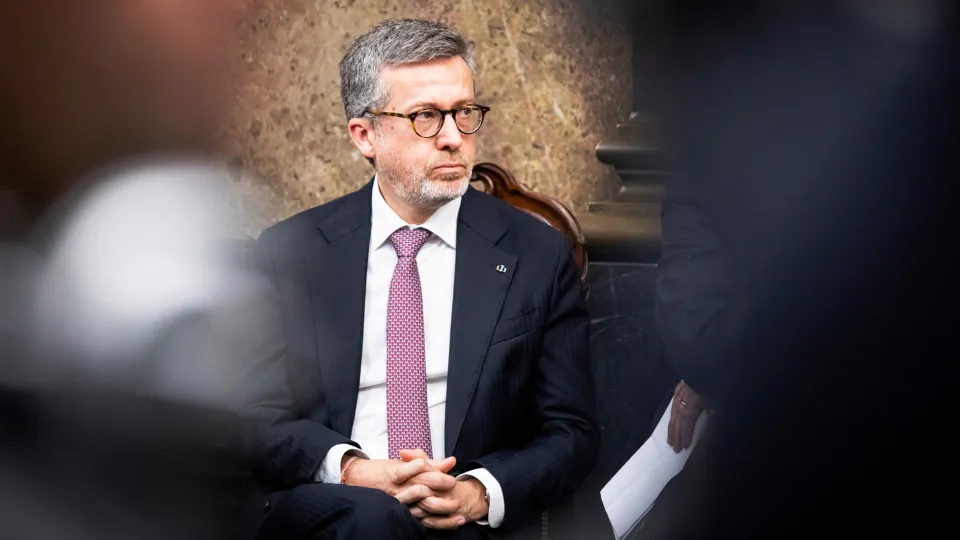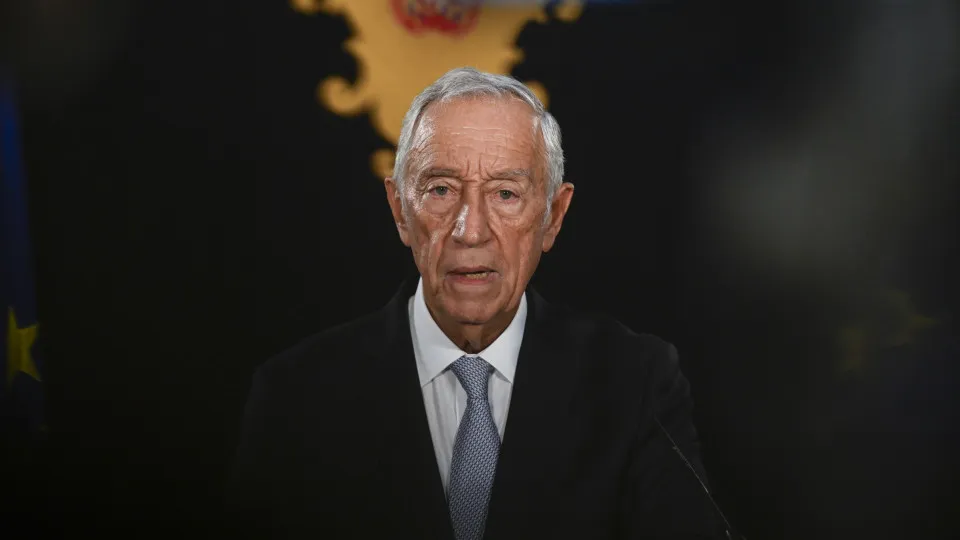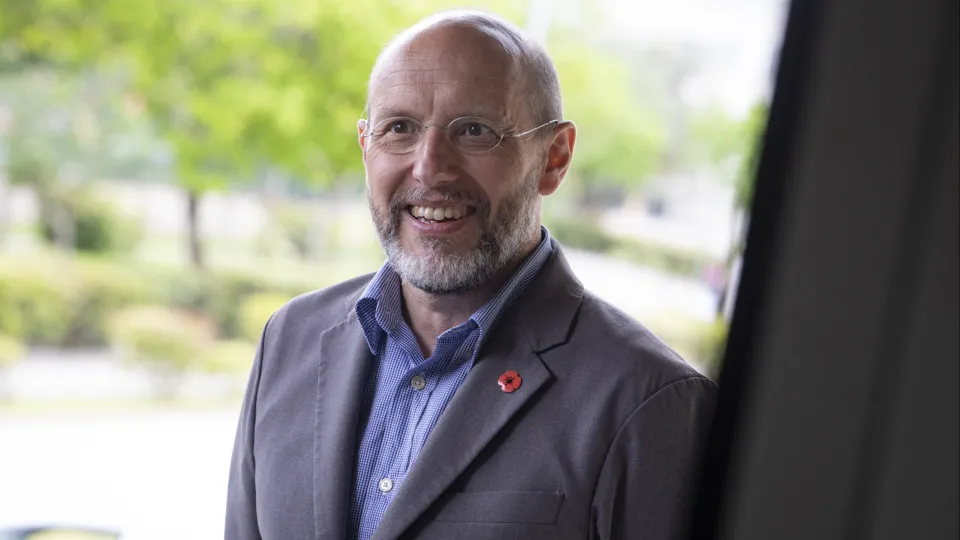
“Livre is a grassroots political party, do not forget that. Don’t be misled into thinking that Livre is a party built from the Assembly of the Republic and that everything else is a side hobby,” emphasized Rui Tavares during a dinner-rally in Porto as part of the upcoming local elections on the 12th.
In a twenty-minute speech at what has been the party’s largest gathering, with around a hundred participants, Rui Tavares argued that Livre is not confined to its parliamentary presence, despite having only eight local officials elected nationwide.
Tavares recalled the turbulent period of 2021, the year of the last local elections, when the party lost its representation in the Assembly of the Republic after Joacine Katar Moreira became an independent.
At that time, when “nobody gave a cent for Livre,” Tavares noted that he attained a council seat in the Lisbon City Hall, and Isabel Mendes Lopes took office in the capital’s Municipal Assembly.
“Livre reached the Assembly of the Republic through the local councils,” he remarked, referencing the 2022 legislative elections, where he was elected as the sole deputy in the Assembly.
At the Bouça Residents’ Association, a symbolic venue for the party where several election nights have been held, Tavares leveraged the Porto race to position Livre as the fourth national political force.
The deputy noted that Porto is “pioneering” a “four-way struggle” that “will become decisive in Portuguese politics.”
After a recent survey placed Livre as a potential fourth political force in the district, behind PSD, PS, and Chega, Tavares interpreted this outcome as indicative of a new national political landscape, with PS and PSD as the “two traditional parties contending for the top spot” and Chega and Livre as diametrically opposed alternatives.
Livre’s challenge is to prove it is the alternative for “those frustrated with politics,” rather than Chega, Tavares continued, criticizing the Liberal Initiative, which is currently the fourth national political force, as “a party that chose to be absorbed by the right.”
Tavares grouped Chega, “obsessed with immigrants,” IL, “concerned with public employees,” and the AD (PSD/CDS), focused on “compressing workers’ rights,” as indistinguishable entities.
“They govern in the same way, lacking empathy, with some being more blunt in their rhetoric and more aggressive and insulting, while others might be a bit more polished with a few words in English, yet they are indistinguishable and thus useless,” he claimed.
In Porto, Tavares asserted, “there is only one alternative: it’s Livre, it’s Hélder Sousa, it’s bringing ecological, progressive, and humanist left to the City Hall,” he appealed.

